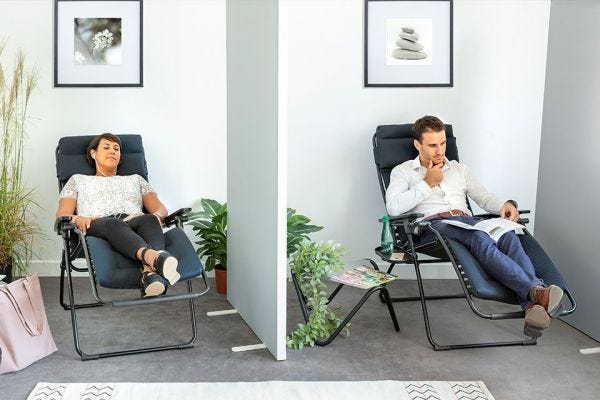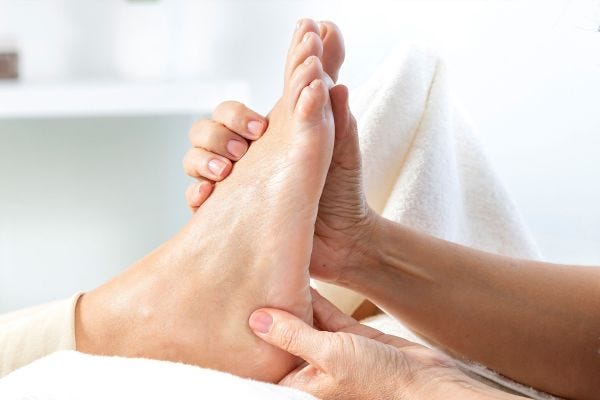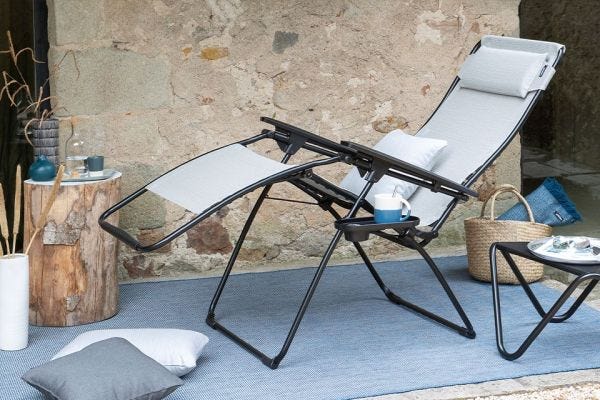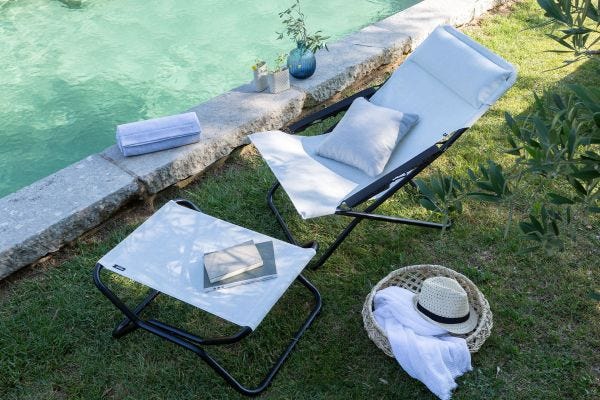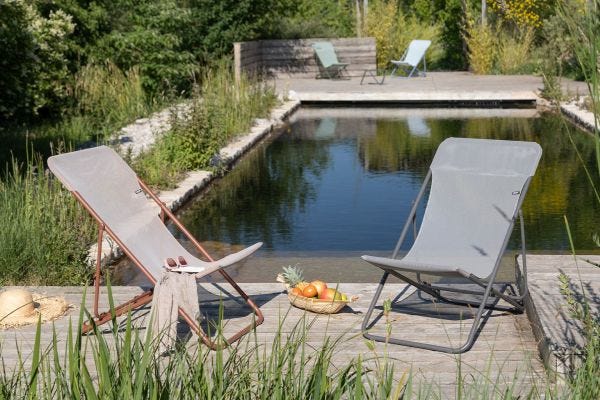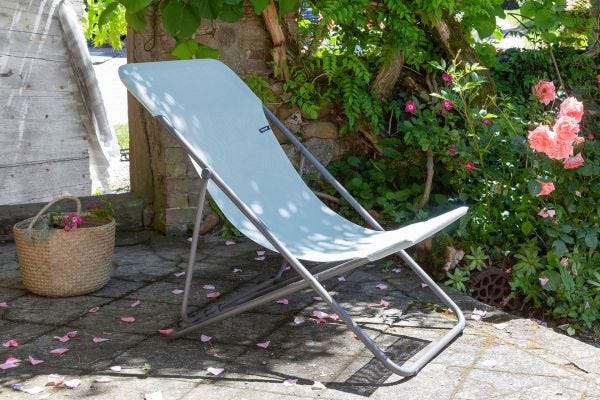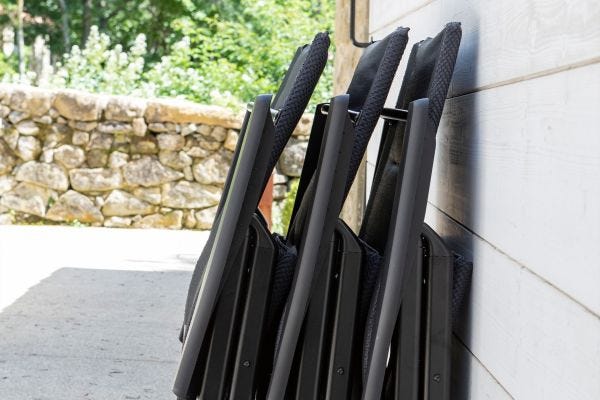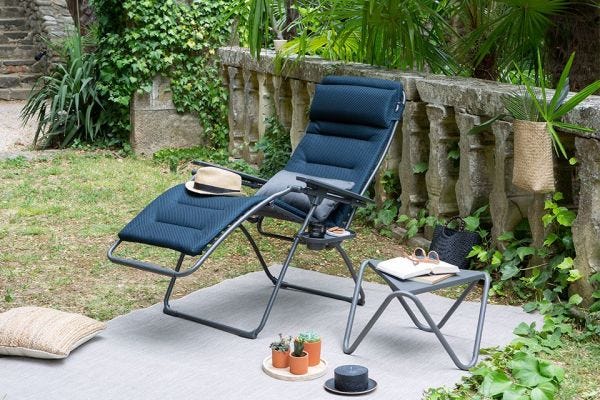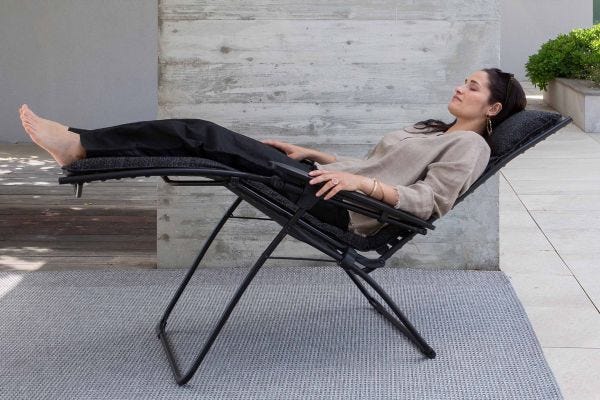🏡📦 Now shipping from our UK warehouse — Fast & Free delivery from £100 😉
How to set up a break room in a business?
More and more companies are sensitive to the idea of well-being at work, all the more so as a moment of relaxation increases productivity.

